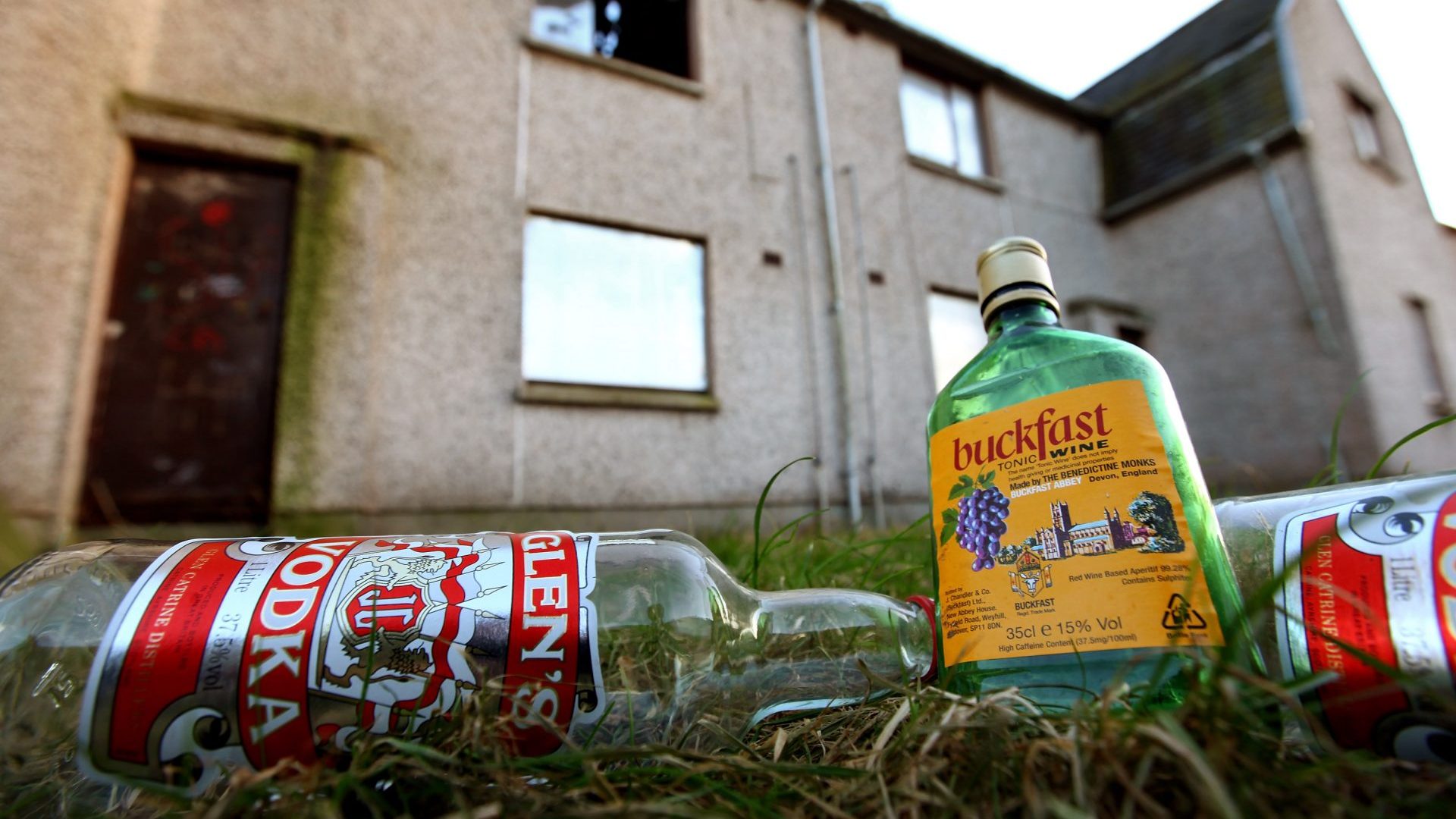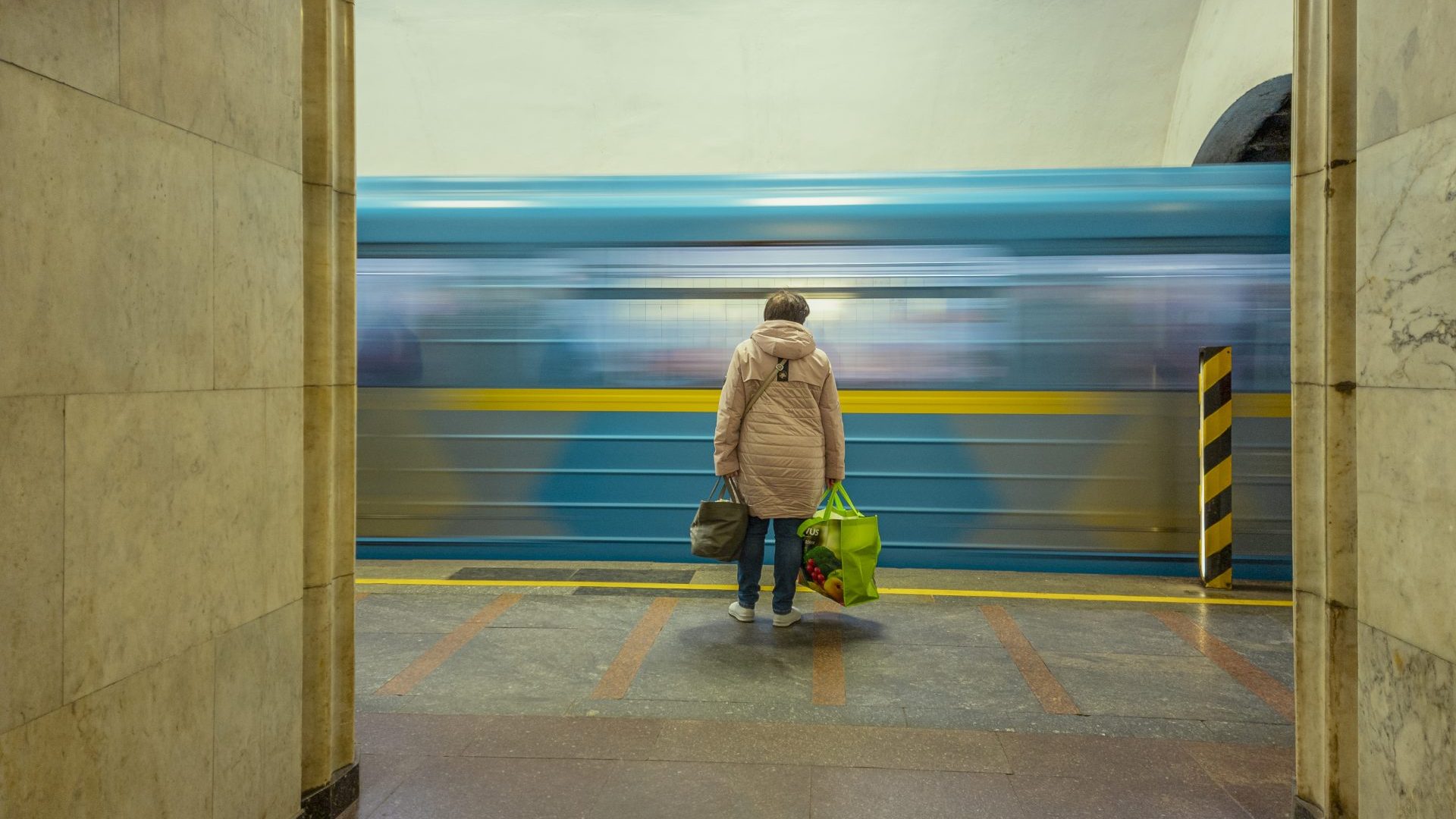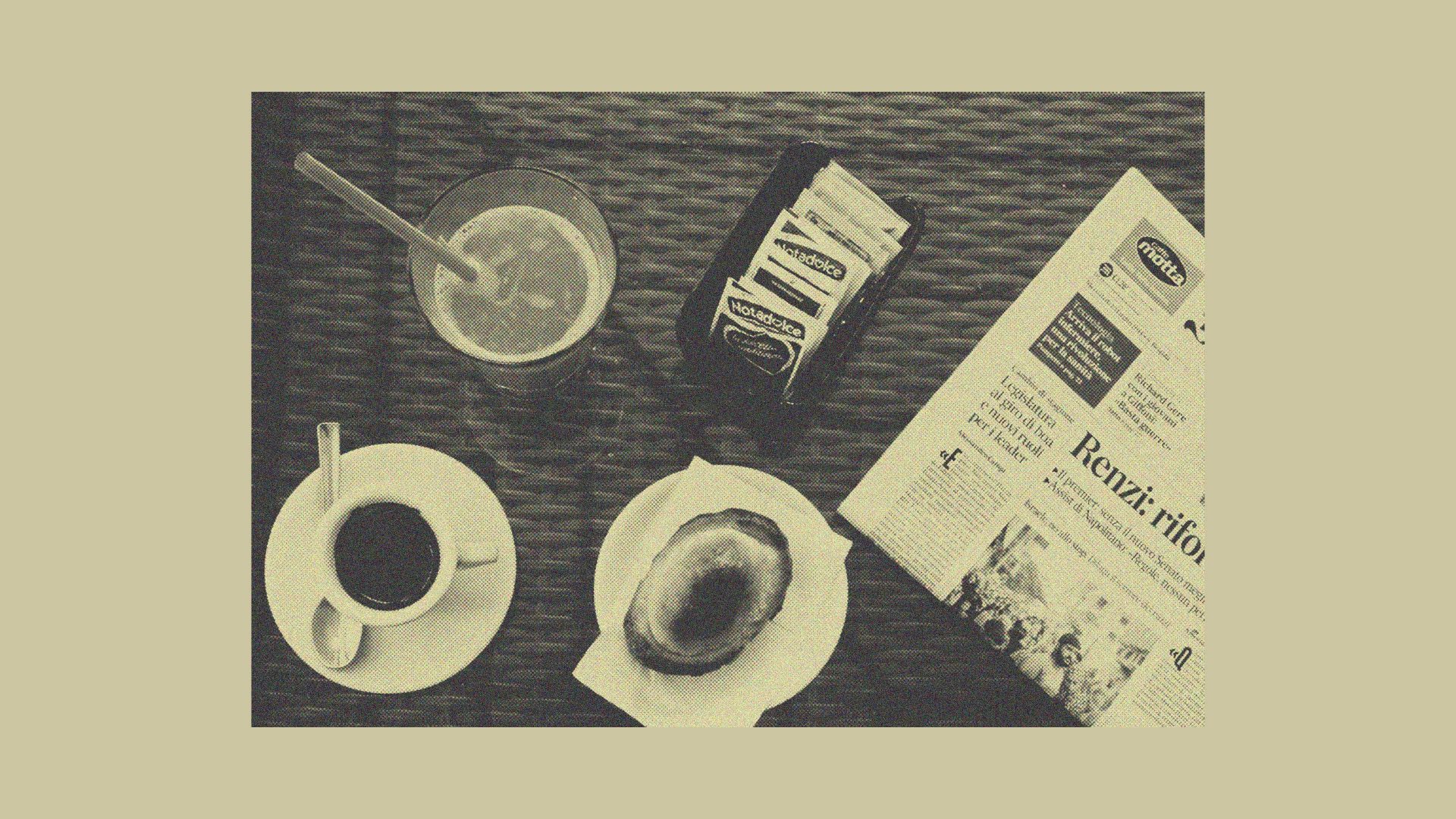There were a couple of ground rules, I explained to my brother and his gaggle of friends who were up from Yorkshire during the Six Nations rugby tournament, way back in February. You’re in Scotland now so you can’t cheer if England score, you can’t boo the Scottish (or Irish) and yes, you’re about to drink some of the most expensive pints you’ll have had outside of London. And if you’d rather buy cheap cans from the supermarket, then you’d better hope it’s before 10pm. And so, their weekend was sulkily ruined.
When I had to explain to my brother and his friends why they couldn’t grab booze late in the evening, I was met by raucous laughter – aren’t the Scots meant to be proper drinkers? Well, a lot of Scots have a macabre sense of pride in their reputation as Europe’s hard drinking uncle, and in their ability – more often, inability – to hold their drink. But such jokes hide a serious issue that’s causing the Scottish NHS £400m a year.
Scotland has an alcohol problem. In 2022, there were over 1,200 deaths caused by alcohol, and Scottish adults averaged 19 units a week. Compared to England, there is a heavier presence of public drinking. Since 2011, you have only been allowed to buy alcohol in shops between 10am and 10pm, and minimum unit pricing has raised prices. In September, the minimum price of a unit went up by 30%. For pints this makes little difference, but for wine and Scotland’s precious whisky, it has noticeably pushed up the prices. Now a 13% bottle can’t go for less than £6.34.
I am writing this in a cafe. A friend has just joined me and asked what I’m writing about. When I explain, she sighs. “About time someone was talking about it”. Lamenting the grim reality of alcoholism in Scotland, she explains that there is a strong culture that encourages teenagers to drink, ingraining habits that follow them through life.
When I have asked other people in the past about Scotland’s drink habit, I’ve received a mix of answers. Some people blame complex socioeconomic factors, while other people say it’s a cultural thing, something that’s perpetuated with no real direction or conscious consideration. It doesn’t help that it’s colder and darker here. Drinking helps the long nights pass, and keeps you warm.
“A lot of people lack direction and culture outside of drinking,” one friend said, noting that pub culture was really important in Scotland. Someone else said that it’s “just what you do”. Old habits die hard, I guess.
Others I spoke to suggested that Scotland’s history of deindustrialisation and the huge wealth disparity with England were to blame. While Scotland’s poverty rate is now lower than the UK average, historically that hasn’t been the case. Nowadays, those on the lowest incomes have the highest weekly consumption.
But the price increase can’t do much to break these old, deeply ingrained habits. Minimum unit pricing is meant to “nudge” people towards lower consumption and there’s a lot of debate around whether it has actually been effective.
There’s been a lot of speculation over what John Swinney’s government is actually going to do. As Scottish NHS funding fell in real terms this year, this price rise feels like a sticking plaster on a leaking bucket. Real change is needed, and if this policy is any indication, it’s not going to happen soon.
“If you’re going to do it, do it right,” one friend complained. They then pointed out that the price increase is not a tax. That means the main beneficiaries are the alcohol companies.
Abigail King is a student writer based in Edinburgh



